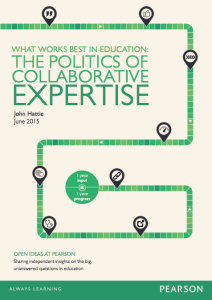 John Hattie’s new policy paper is a double issue about distractions and solutions. We blogged about the first book What Doesn’t Work in Education in an earlier post. Here are some quick take-aways from Hattie’s second book What Works Best in Education: The Politics of Collaborative Expertise.
John Hattie’s new policy paper is a double issue about distractions and solutions. We blogged about the first book What Doesn’t Work in Education in an earlier post. Here are some quick take-aways from Hattie’s second book What Works Best in Education: The Politics of Collaborative Expertise.
You can download, read and share the book for free (online/PDF). It is part of Open Ideas at Pearson and licensed under Creative Commons Attribution 4.0.
Differences within your school are part of the solution
To put it simply: if you are a student in a developed country, your achievement probably depends much more on the classroom you go to than the school. But every student should expect at least a year’s worth of progress for a year’s worth of input. If within-school variability is part of the problem it can easily be turned into a starting point for a bigger solution: teachers make the difference! If teachers work together and if teachers, school leaders and policy makers collaborate the result will be a school system based on collaborative expertise. Hattie is aware of the challenges and complexity of this solution but defines eight clear, data-informed tasks on how to move forward to improve students’ achievement, no matter from where they (and you) are starting from.
Hattie’s task list to build collaborative expertise
- Task 1: Shift the narrative – Reframe the conversation to focus on progress
- Task 2: Secure agreement about what a year’s progress looks like – Debate and create a shared understanding of “progress”
- Task 3: Expect a year’s worth of progress – Expectations are one of the greatest influences on learning and achievement
- Task 4: Develop tools to provide feedback to teachers – Evaluation tools should shape learning rather than simply measure it.
- Task 5: Know thy impact – Evaluate the impact on their students. Define success before teaching. Include the students’ voice.
- Task 6: Ensure teachers have expertise in diagnosis, intervention, evaluation – Because most interventions with the biggest impact relate back to the teacher.
- Task 7: Stop ignoring what we know and scale up success – Use existing approaches and ideas that have already been proven to be successful with students.
- Task 8: Link autonomy to a year’s progress – Give successful teachers autonomy – which they have earned. And share their expertise.
Collaborative expertise in practice
Source:
- Download John Hattie (2015): What Works Best in Education: The Politics of Collaborative Expertise, London: Pearson at www.pearson.com/hattie/solutions.html
Further reading:
- John Hattie (2008): Visible Learning
- John Hattie (2011): Visible Learning for Teachers
- Hattie/Masters/Birch (2015): Visible Learning into Action
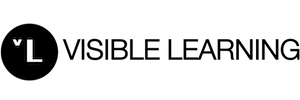
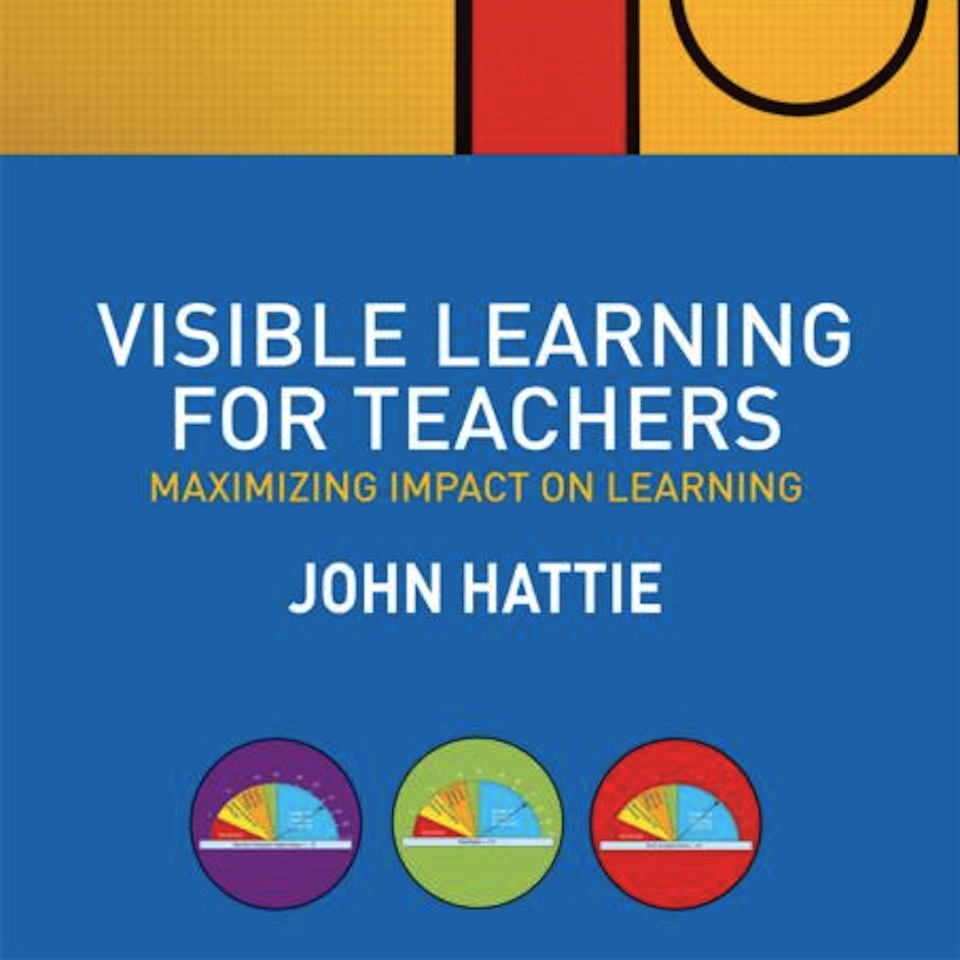
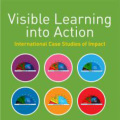
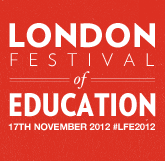
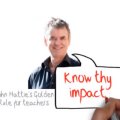

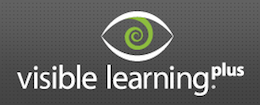
Thank You for useful article.
“Know your impact” – agree, always need to listen and understand the child before making quick conclusions.
Thank you, John for your recommendation. The book is very useful, I learned a lot of interesting things for myself. The issue of education is very important for me, only in this way a person develops and knows this world. He can find himself, and his predestination in this world. In the modern world there is competition, and in all spheres of activity, education is no exception. Now it is very difficult to enter prestigious universities, there is a strict selection of entrants. This is due to the desire of people to have a high-paying job.